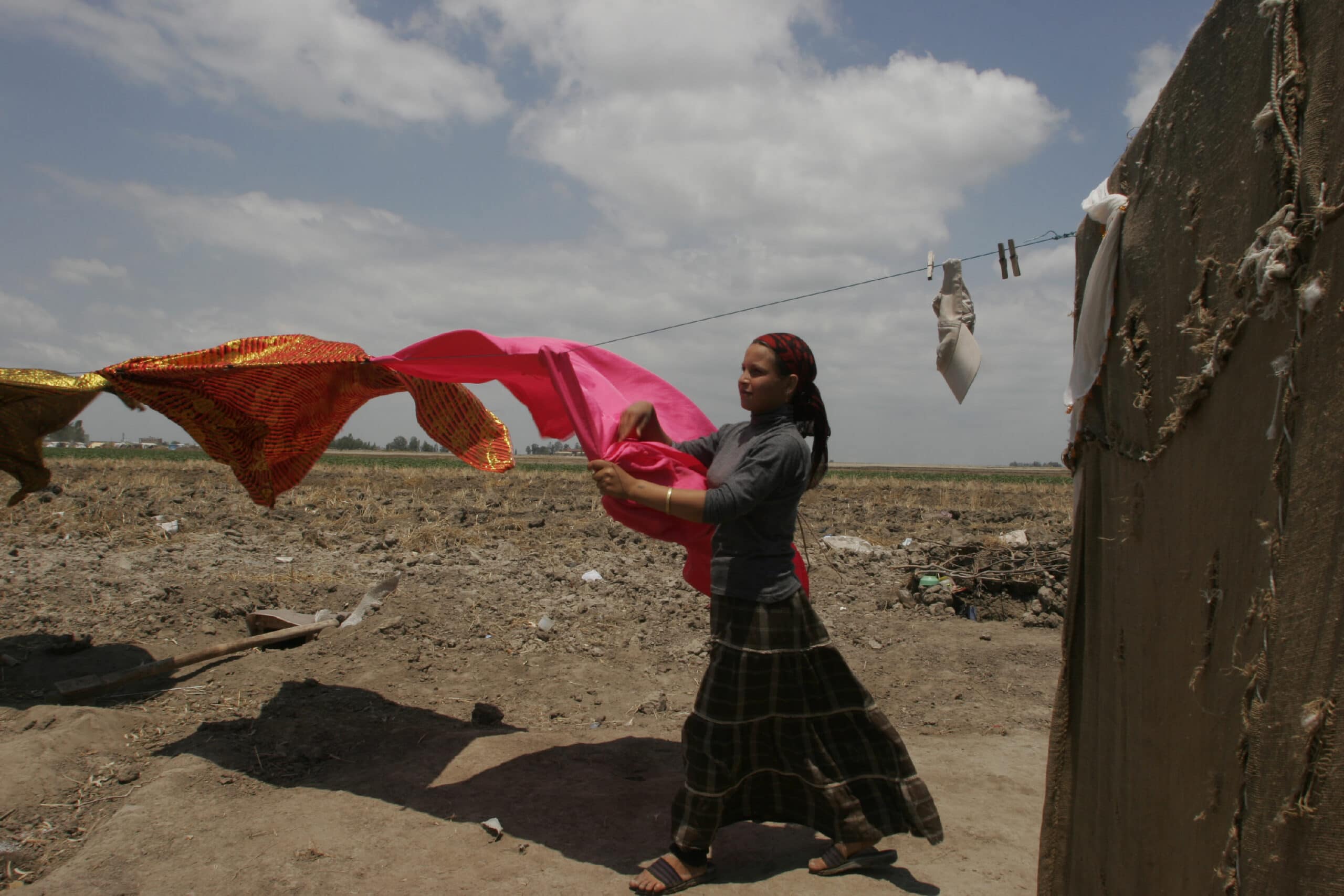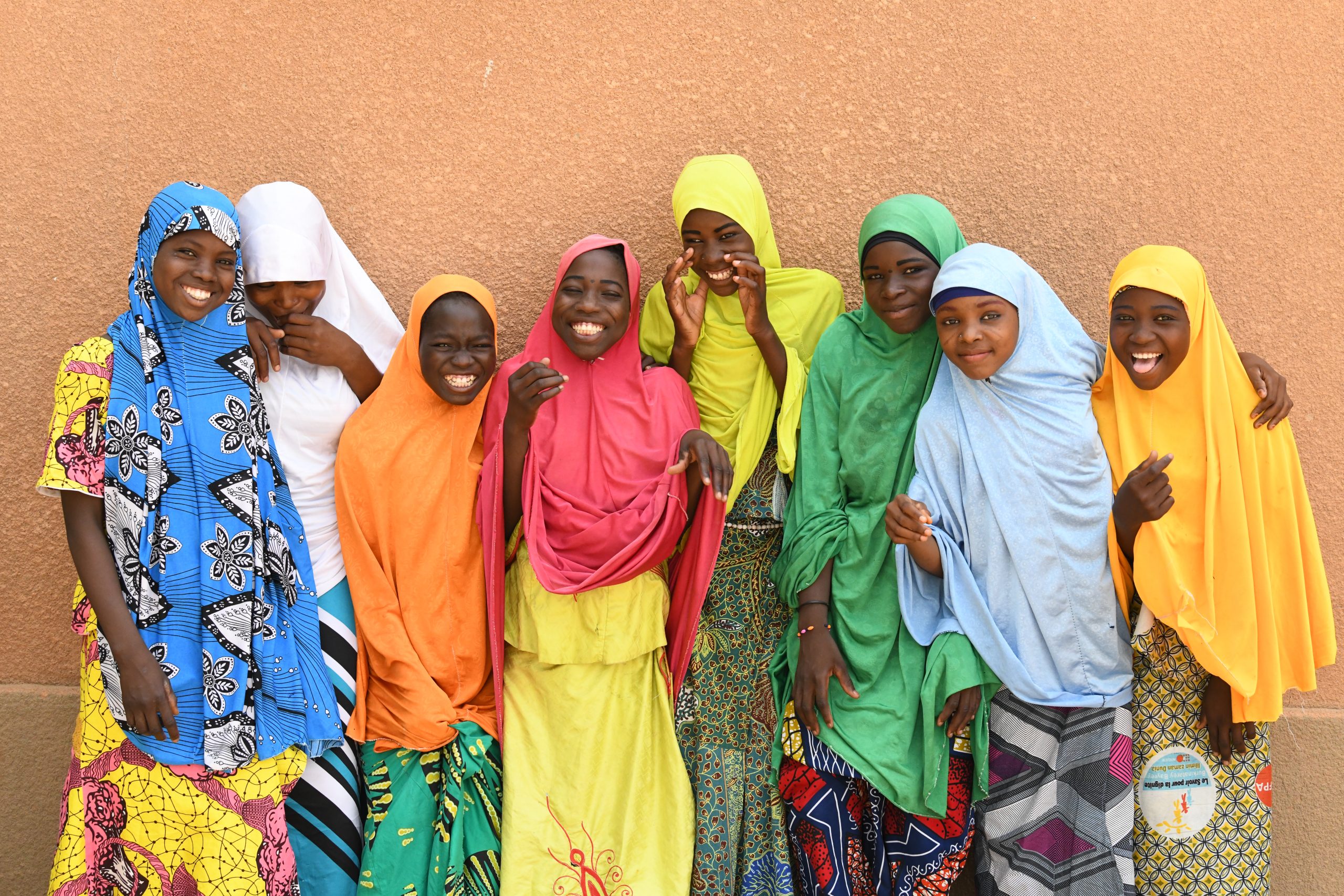In homes around the world, girls are performing more caregiving and chores than boys are
Gender norms are shaped in early childhood, starting in the home. One area of childhood steeped in gender norms is the unequal distribution of unpaid work, including domestic and care work. Globally, girls ages 5-14 spend 160 million more hours every day on unpaid care and domestic work than boys of the same age. These disparities intensify in adolescents and adulthood, perpetuated by longstanding norms and beliefs about women and girls’ status and role in society.
The unequal gendered distribution of unpaid care and domestic work among children has serious implications for their well-being. It limits girls’ time for learning, personal development and growth, and leisure, thereby stripping them of equal opportunities to thrive. These deprivations and missed chances will shape a girl’s life well beyond childhood, potentially influencing her socioeconomic prospects, choices and accomplishments as an adult – and the well-being of her own children, should she become a mother. And there are likely to be impacts on boys, as well: for instance, boys may adopt a skewed sense of the value of girls’ versus boys’ time and grow up to play limited roles as fathers and caregivers.
While the unequal amount of unpaid work performed by girls has been documented, the factors that contribute to this disproportionate engagement need closer investigation. This includes measuring the important influence of gender norms*, which play a prominent role in determining expectations, behaviours and practices for girls, boys, women and men.
Measuring gender norms to address children’s engagement in unpaid work
Examining children’s workloads through the lens of gender norms is essential to any approach that seeks to level the gender playing field and ensure girls and boys have the same prospects as they mature. It is also key to achieving Sustainable Development Goal target 5.4, which identifies the unequal distribution of unpaid care and domestic work as a barrier to achieving gender equality and the empowerment of women and girls.
Data collection tool
Robust measures of gender norms around unpaid care and domestic work are limited – a data shortfall necessitating action and sustained investments. As the global leader in monitoring children’s well-being, UNICEF is focused on closing this evidence gap. Building on previous internal and external efforts across a range of relevant areas, UNICEF is developing a standardized data collection tool to measure gender norms that influence children’s engagement in unpaid work. This data collection tool will provide a vital step toward addressing gender imbalances not only in childhood and adolescence, but also in adulthood.
Population-level data
Gendered norms reflect widespread power imbalances that are deeply embedded within and across societies. For this reason, gender transformation relies on longer-term, societal change. This means interventions must think broadly, beyond a narrow number of individuals or small-scale community-based activities. Population-level data have a wide reach, allowing measurement of the prevalence and strength of norms within a country. These data have the power to illuminate norms constructs – expectations, sanctions, individual attitudes and behaviours – and to show how they are distributed within a population.
Survey data on norms-related indicators can be disaggregated by key characteristics such as sex, age, ethnicity, geographic area and socioeconomic status, enabling analysis of how gender norms may be experienced within different population subgroups. Survey-based approaches make it possible to draw conclusions on the hold of norms within a given setting – in a district, country, or group of countries – and to observe changes over time.
Assessing gender norms
Assessing gender norms – and social norms in general – typically involves the measurement of community members’ subjective perceptions of a norm. These measurements hinge on a set of common constructs that help quantify and capture how gender norms function in a society.

Measuring gender norms through population-level household surveys is not without limitations. For instance, questions on norms may be subject to social desirability bias – i.e., when respondents tell enumerators what they think is the socially appropriate response – and shifts in attitudes, behaviours and beliefs may not always follow a linear process, rendering observed changes difficult to interpret. In these cases, qualitative approaches, such as focus group discussions or in-depth interviews, can help make sense of changing gender norms.
For more information, please access Uneven expectations: Measuring gender norms to address children’s engagement in unpaid work
Resources


Notes on the Data
Unpaid care and domestic work: activities including food preparation, dishwashing, cleaning and upkeep of the dwelling, laundry, ironing, gardening, caring for pets, shopping, installation, servicing and repair of personal and household goods, childcare, and care of the sick, elderly or disabled household and family members, among others. [1]
- informal rules and shared beliefs that distinguish expected behaviour based on gender identities at particular points in time and in particular social contexts,
- usually internalized during childhood and adolescence and continue to shape gender stereotyping throughout throughout the course of one’s life. [2]
Sustainable Development Goal 5: Achieve gender equality and empower all women and girls
Target 5.4: Recognize and value unpaid care and domestic work through the provision of public services, infrastructure and social protection policies and the promotion of shared responsibility within the household and the family as nationally appropriate.
References
[1] UN Statistical Division, Metadata for SDG target 5.4, 2019.
[2] UNICEF, ‘Promoting Positive Gender Norms and Socialization’, Background Paper Series, UNICEF Gender Policy and Action Plan 2022–2025, New York, 2021.
